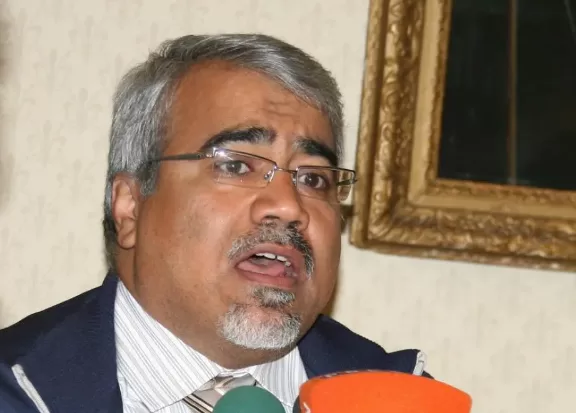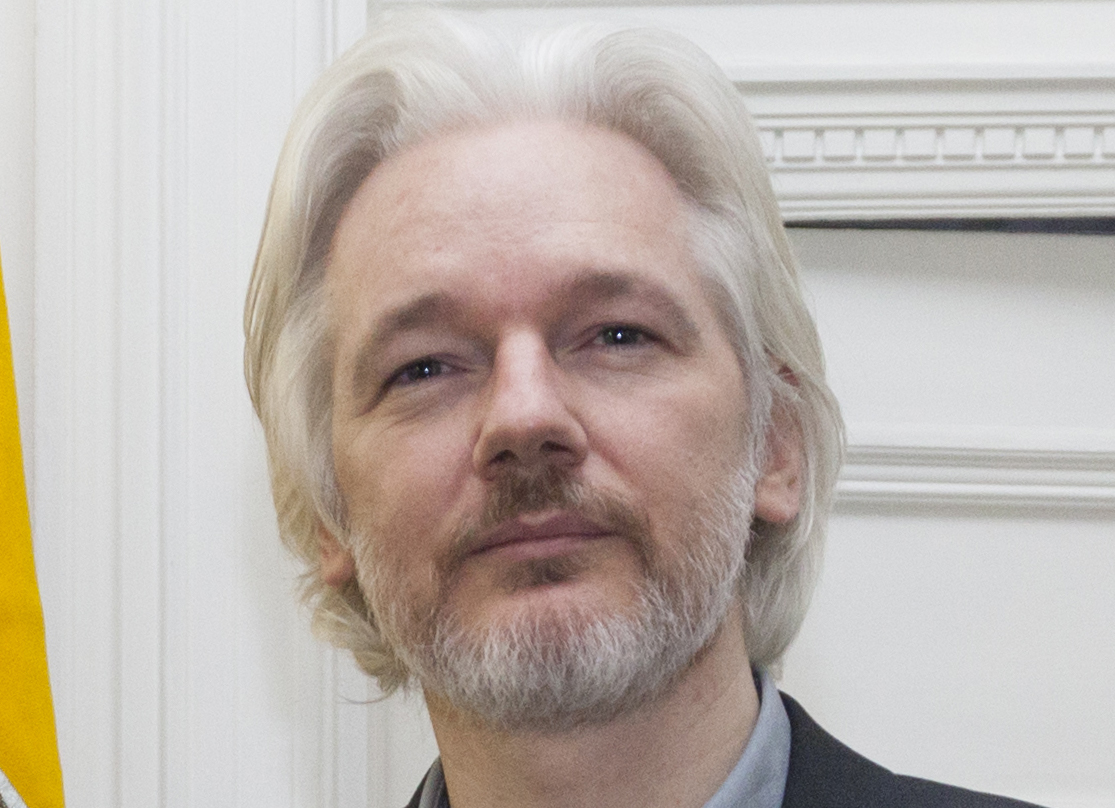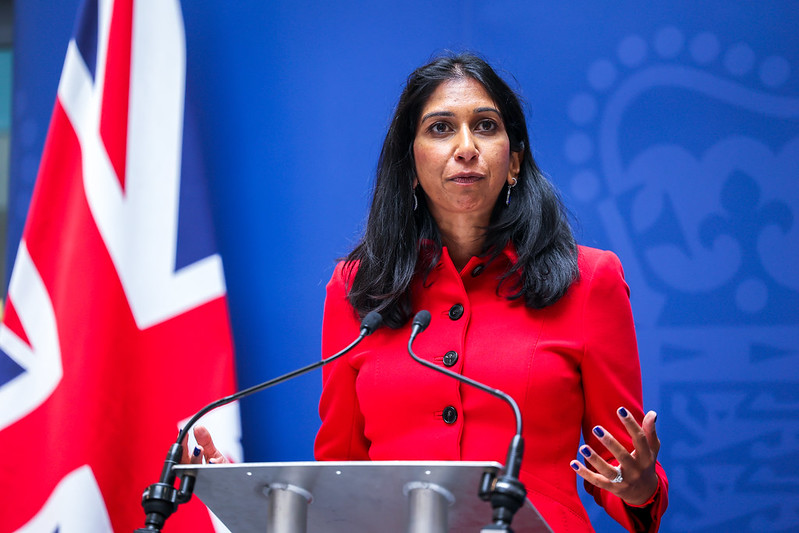[vc_row][vc_column][vc_column_text]Building trust in the media, achieving media sustainability, and ending impunity for murdered journalists are all issues that will be covered during the upcoming International Parliamentary Seminar on Media Freedom, which takes place in London on 9 – 11 September. The Council of Europe’s Platform for the Protection of Journalism and Safety of Journalists is relevant in this regard, as it seeks to gather and disseminate information on serious media freedom issues.
The platform was launched in 2014 in response to growing hostility toward journalists and media freedom in Europe, so as to swiftly and systematically notify the Council of Europe of pertinent issues and to empower it to take timely and coordinated action when necessary. Index on Censorship is proud to be one of the platform partners. Since 2015 we have submitted and co-sponsored nearly 300 alerts (notifications) to the platform about threats to media freedom and the safety of journalists.
Index on Censorship contributes to the platform, including by drawing on its Monitoring and Advocating for Media Freedom project, which monitors threats, limitations and violations related to media freedom in Azerbaijan, Belarus, Russia, Turkey and Ukraine. In 2018, 17 alerts were submitted to the platform relating to impunity for murdered journalists. Of these, 15 occurred in the countries covered by Index’s media freedom project: Turkey (2), Azerbaijan (2), Ukraine (5), and Russia (6).
In advance of the International Parliamentary Seminar on Media Freedom session on regional initiatives, which takes place on 10 September, Index on Censorship expresses the belief that the platform provides a model that could be replicated by other regions. Such a mechanism has the capacity to quickly draw on the knowledge and expertise of media freedom organisations and journalists’ networks, in order to promote media freedom and enhance the safety of journalists.
Index has noted with extreme concern that the number of alerts about serious threats to journalists’ lives has almost doubled on an annual basis since the launch of the Platform in 2015. We believe that stronger political commitment and practical engagement from politicians and governments is needed to support media freedom around the world. In Council of Europe states, this means that parliamentarians must fully engaging with the platform by ensuring that each alert receives a swift and comprehensive response. This is essential in order for the platform to fulfil its potential.
While Index on Censorship commends the UK’s commitment to press freedom, we note that since the beginning of 2018 seven Council of Europe alerts have concerned the UK: new counter-terrorism legislation; proposed internet regulation; the arrest of two journalists in September 2018; the killing of a journalist in April 2019; the continued impunity for the killing of a journalist who was murdered in 2001; an attack on a journalist in August 2019; and a government-backed arms fair’s (DSEI) refusal to grant two journalists accreditation. Four of these alerts have yet to receive a response.
Noting the UK’s role as one of the Council of Europe’s founding members, Index urges the UK to continue engaging with the platform and ensure it takes practical and concrete steps to promote the protection of media freedom in the UK. The UK should aim to set an example for other countries by providing prompt and detailed state replies to alerts.
Contact: Jessica Ní Mhainín, [email protected] [/vc_column_text][vc_basic_grid post_type=”post” max_items=”4″ element_width=”6″ grid_id=”vc_gid:1567768197646-934f3ae2-fe70-1″][/vc_column][/vc_row]






